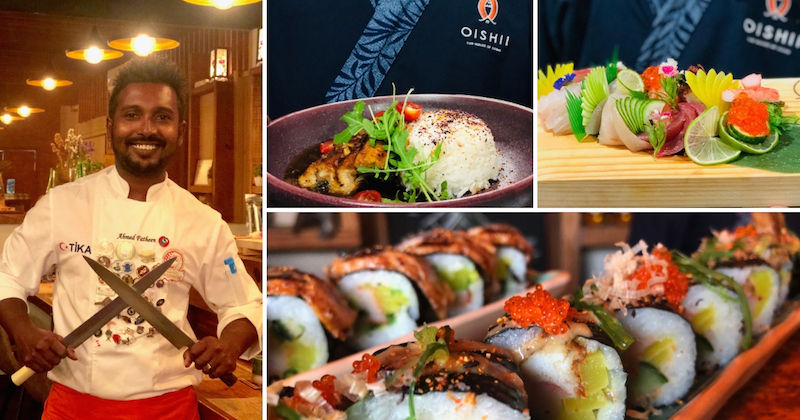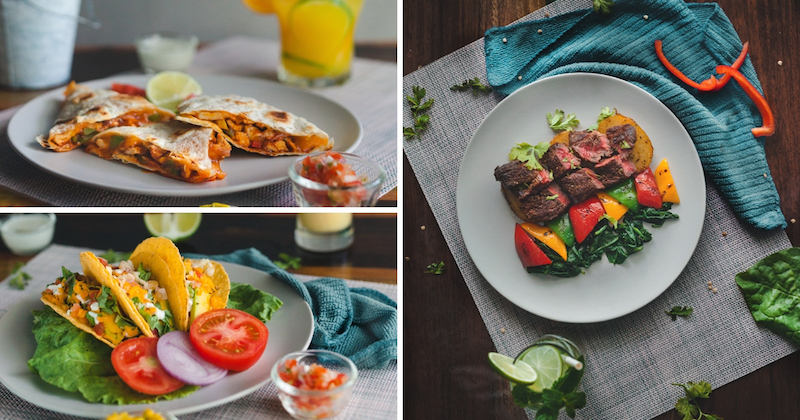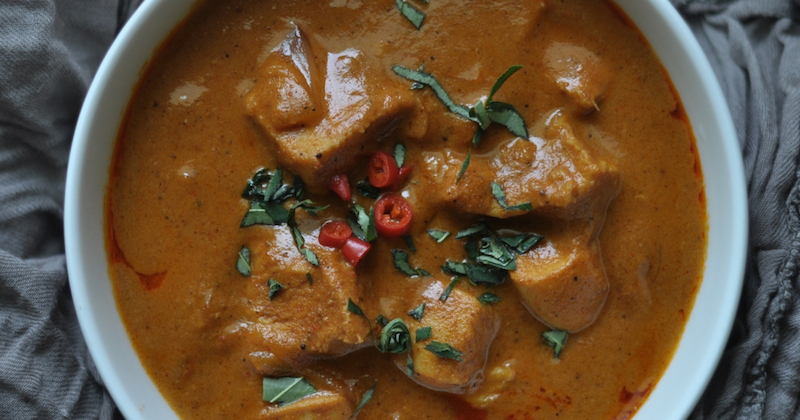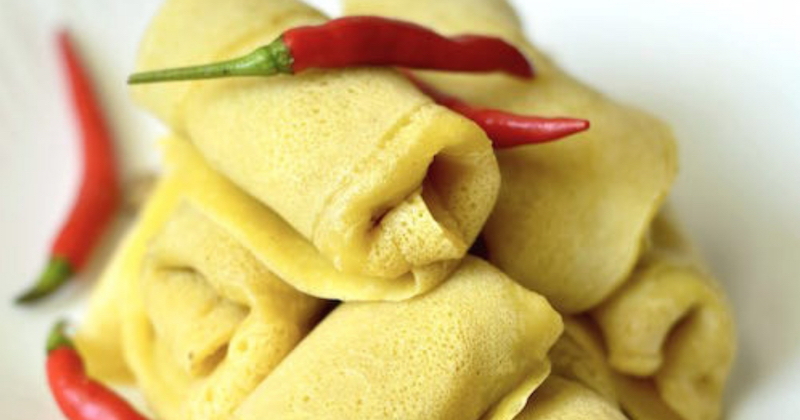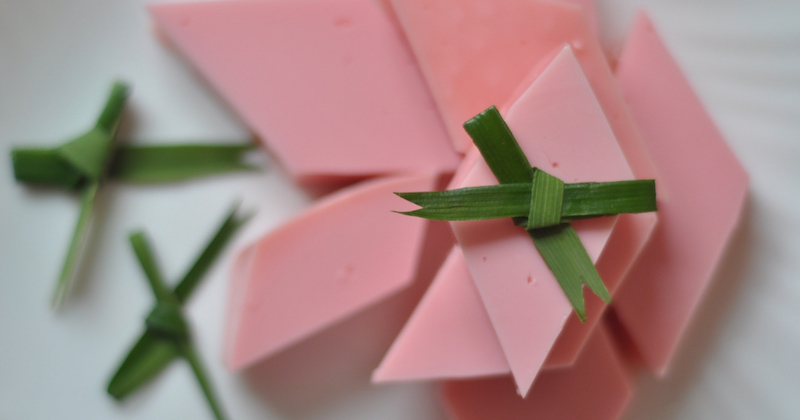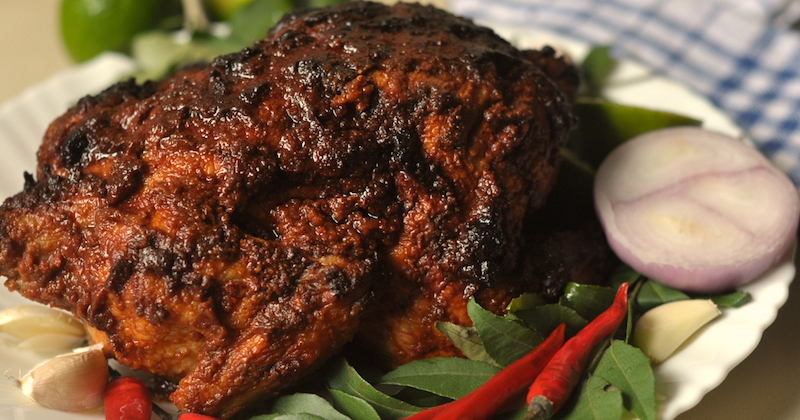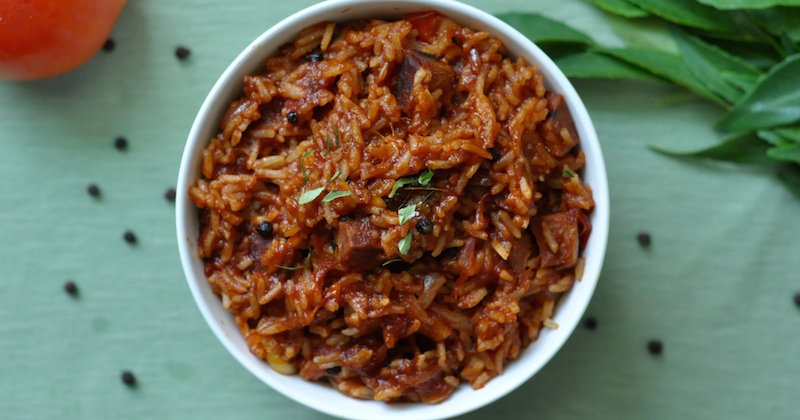Haaru – Maldivian Suhoor
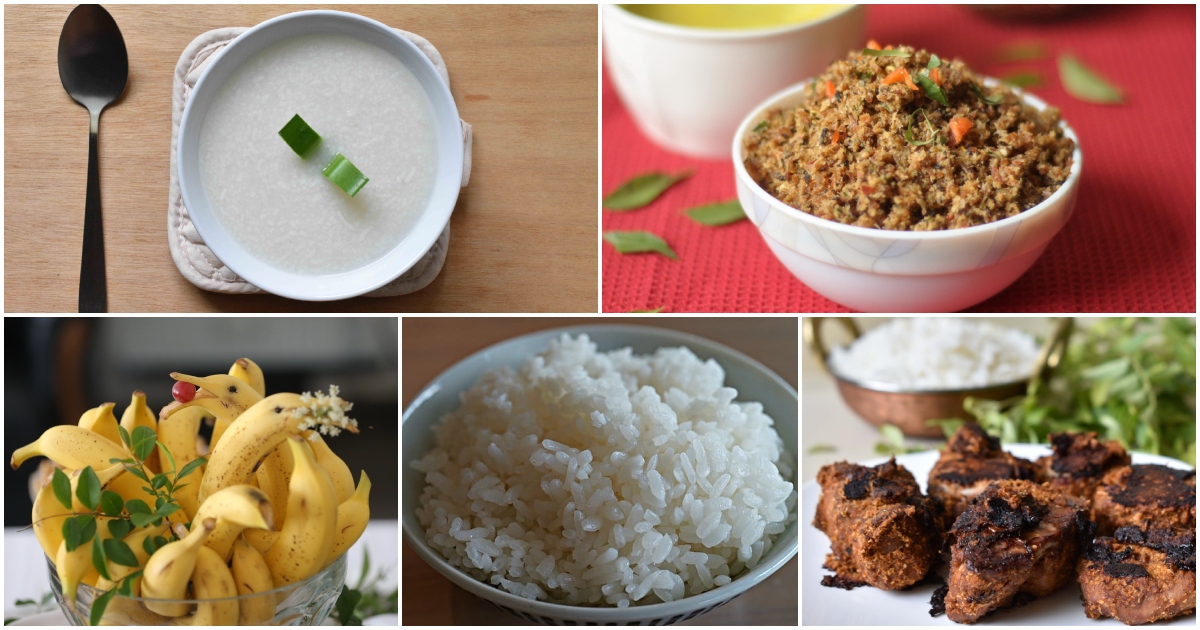
by Iyath Adam
‘Suhoor’ – or haaru in Dhivehi – is the pre-dawn meal eaten during Ramadan. The point of suhoor is to give you energy before fasting the next day. In the Maldives, haaru is traditionally eaten about an hour or so before fathis namaadhu or dawn prayer.
Typically, suhoor foods consists of carbohydrates and protein – foods which keep you full and gives you stamina throughout the day. For Maldivians, more often than not this means rice.
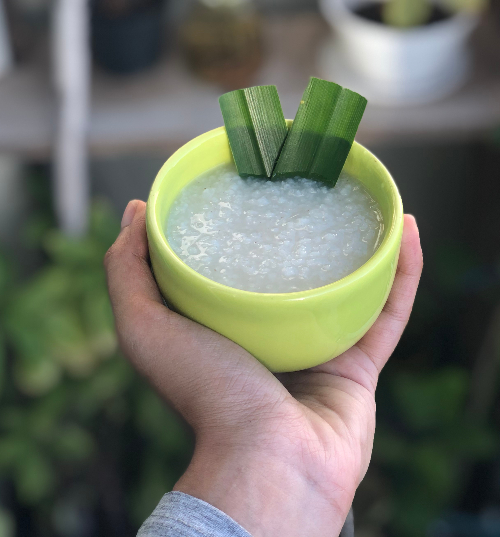
Photo above: Baiypen
Perhaps the most popular haaru food, eaten even now, is baiypen or Maldivian rice porridge. Made with just rice and water, baiypen has a mild, neutral taste to it and is usually eaten with some kind of add-on, either sweet or savoury. For suhoor, baiypen is commonly eaten with boakiru (coconut milk) and dhiyaa hakuru (Maldivian coconut honey) although some people do prefer to have it savoury with maskurolhi and gabulhi satani as well.
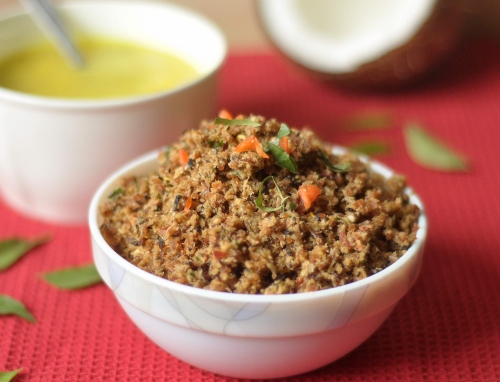
Photo above: Maskurolhi
Another popular dish is dhonkeylaa bathaa, which translates to ‘banana and rice.’ Rice is mixed with mashed banana and sometimes dhiyaa hakuru or even white sugar. Coconut milk may also be added, according to your preference. And you can even eat roshi (Maldivian flatbread) in place of rice.
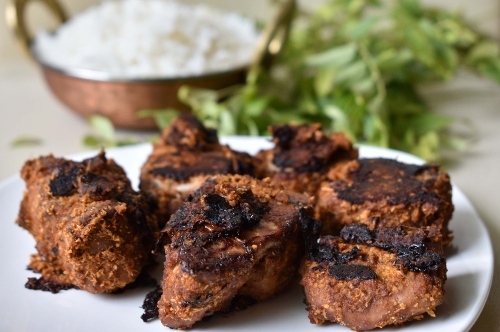
Photo above: Fihunu Mas
Whichever way, this dish is almost always accompanied by a piece of fihunu mas (pan-fried fish) which is slathered in lonumirus before being fried. The sweetness of the sugar and spiciness of the fish balance themselves out and stops it from being too cloying.
Garudhiya (Maldivian fish soup) and rice is also a much-loved dish for haaru. Other condiments such as thelli faiy (fried moringa leaves) and asaara (Maldivian pickles) are also eaten with this.
Nowadays, haaru can look slightly different. Most people prefer to eat something earlier in the night and tastes tend to veer more towards Western breakfast foods such as oats, eggs, yoghurt and other fruits and vegetables.
Nevertheless, traditional haaru foods are still enjoyed even with some tweaks – after all, the main thing is to stay energised and hydrated!
If you’d like to know more about traditional Dhivehi dishes, check out our need-to-know Maldivian dishes list!
About Lonumedhu
Lonumedhu is about eating great food right here in the Maldives.
Our easy to follow recipes use locally available ingredients.
In our blog you will find food news, interviews with chefs and cooks, useful information about eating out and other foodie reads.
Contacts
© Lonumedhu.com 2017-2026. All rights reserved. No part of this website may be reproduced without the written permission of the publisher.
Advertisers
Lonumedhu.com has partnered with Qualia Pvt Ltd, a publishing & marketing agency, for its desktop and mobile advertising.
Advertising enquiries should be directed to (960) 987 4396 or marketing.sales@lonumedhu.com.

